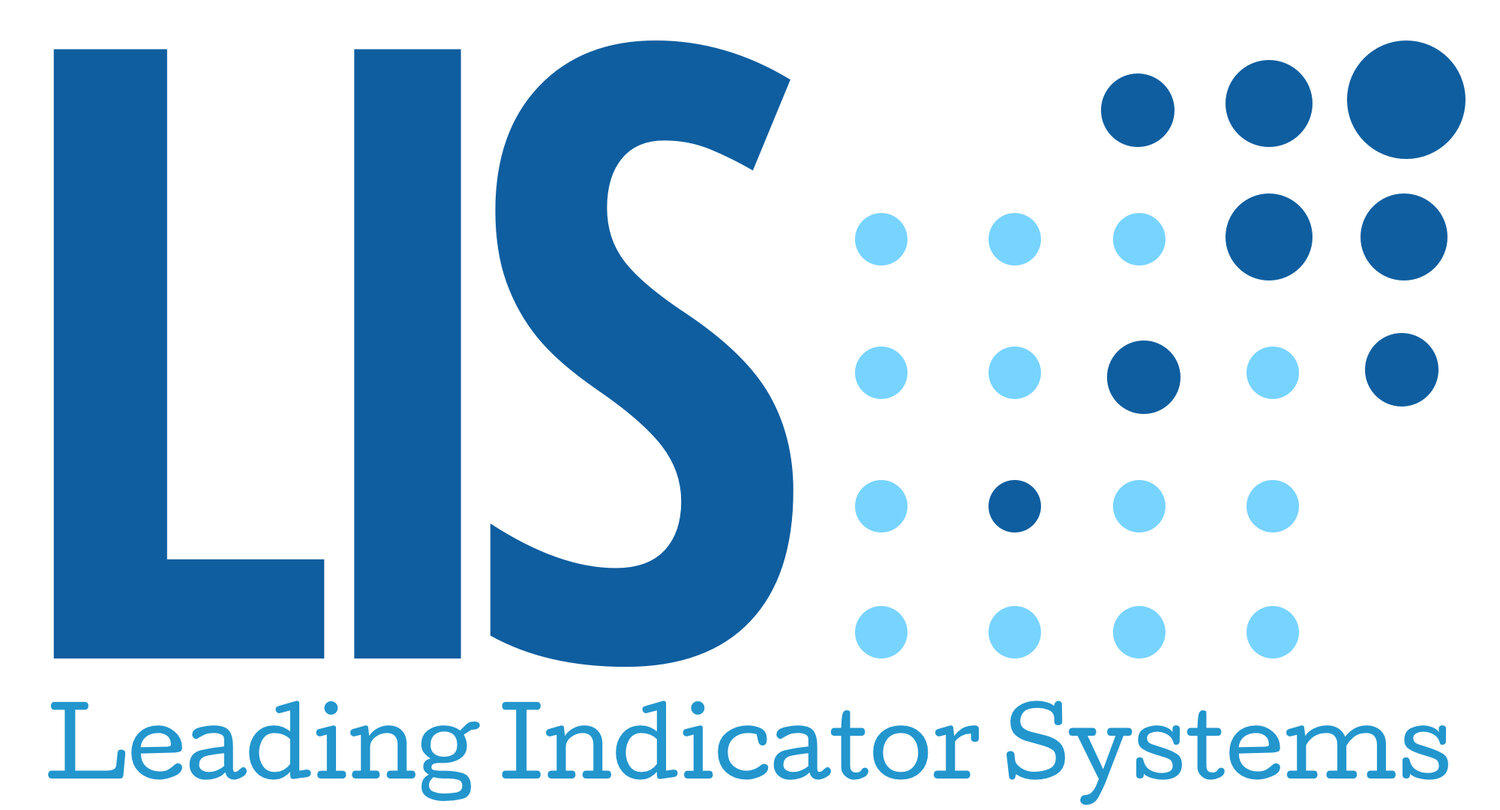
The Emotional Toll of COVID-19
A LIS Workforce Listening Study: May 2020
Increased stress, overwhelming worry, lack of support & disconnection from work have led to changing priorities.
Working during the pandemic is challenging for the vast majority of employees amidst pervasive negative emotions, mental health concerns, and fears for the stability of society. COVID-19 has forced workers to ask themselves fundamental questions about the direction of their lives and to reassess what matters most.
Leading Indicator Systems conducted an online survey during the week of April 27th, 2020 with a population-representative sample of 425 American employees working full time for mid-to-large size companies.
Register to Access the Full Study Library
Key Findings from May 2020
American Workers Are Struggling
Emotional and mental health factors are driving the struggle.
Two-thirds
find it challenging to work from home; more than one in four find it very or extremely challenging.
One in four
doesn’t have the tools and
resources they need to do their job.
One in ten has no support network whatsoever to turn to.
One in eight feels that their home in not emotionally supportive.
One in six struggles with addiction.
44% feel disconnected from their teams.
One in three fears for their own mental health.
One in four doesn’t feel that their company has shown concern for their well-being.
As part of the Workforce Listening Series, in conjunction with HRLF, Leading Indicator Systems discusses the Emotional Toll of COVID-19 and the benefits of the The Emotional Wellbeing Monitor.
Video credit: HRLF Association
The Radical Transformation of Employee Needs
“Those were the days…”
“Normal” employee motivations centered on work-related aspirations of autonomy, productivity, immersion, achievement, and recognition.
The COVID-19 Wrecking Ball
The COVID-19 pandemic has caused a massive increase in stress accompanied by apocalyptic-level fears amidst long periods of solitary reflection. This has led to a fundamental re-orientation of employee emotional needs.
The New Normal
Out of the rubble of previous work-centric motivations, a new set of strivings has emerged focusing on the fulfillment of personal potential, discovering a higher purpose, building community, and sharing love.
The Collapsing Tent
Employee Emotional Needs Have Undergone a Total Transformation
Normal times
During normal times, normal work-centric issues dominated employee emotional needs. These include feeling empowered and autonomous, immersed in the work itself, achievement of results, and recognition.
After COVID-19 Hit
The profile of emotional needs has been completely transformed. Normal strivings for work-related goals have been replaced by needs for self-actualization, safety and security, love and social connection, and reaching for a higher purpose.







